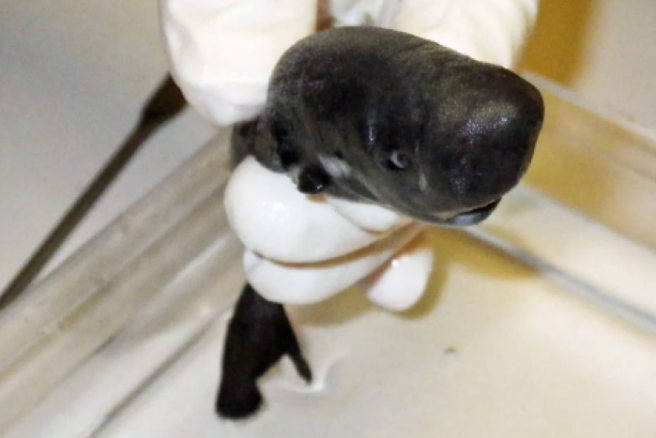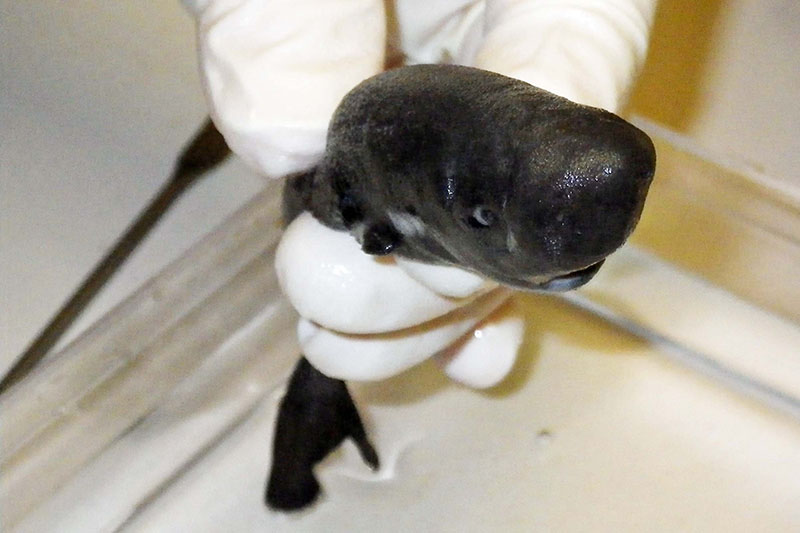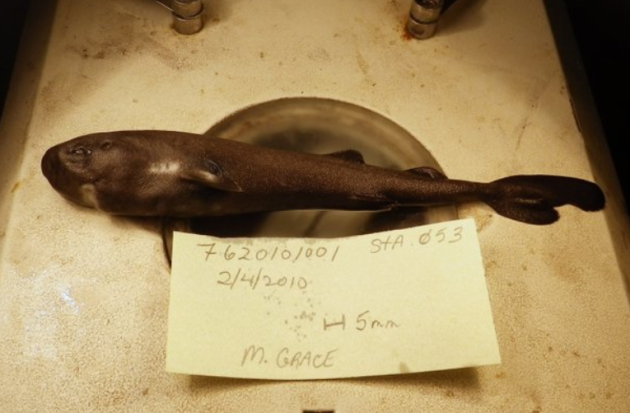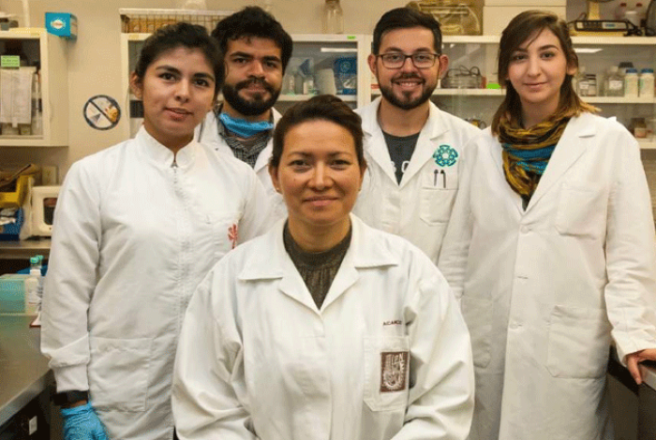
Owning a dog is good for your cardiovascular health, study finds
We've always suspected it, but now scientists have confirmed that dog owners are more likely to have better cardiovascular health.
The research was published in the journal Mayo Clinic Proceedings and involved 1,769 people between 25 to 64-years-old, living in Brno in the Czech Republic.
Each participant had to provide information on their BMI, diet, physical activity levels, cholesterol, blood pressure, if they smoked or not and their fasting blood sugar levels.
42 percent of the candidates owned a pet of some sort, with 24 percent of people owning a dog and 17.9 percent owning another animal.

The American Heart Association heart score system test was used, looking at seven changeable risk factors of heart health.
Dog owners were more likely to exercise, have an ideal diet and blood glucose level than those who didn't, but they were more likely to smoke for some reason. They still scored better overall for cardiovascular health, however.
The study authors cautioned: "The higher smoking rates among dog ownership attenuates the association between dog ownership and cardiovascular health."
Existing evidence links dog ownership to better mental and physical health, so it makes total sense.

Study co-author Andrea Maugeri commented in a statement: "In general, people who owned any pet were more likely to report more physical activity, better diet and blood sugar at ideal level.
"The greatest benefits from having a pet were for those who owned a dog, independent of their age, sex and education level."
Research claims that getting a pooch could be a useful way to boost heart health, and an important way to tackle the prevalence of heart disease.
Cardiovascular disease is the leading cause of death in the US alone, causing one-in-four deaths each year according to the Centers for Disease Control and Prevention.

Senior investigator Francisco Lopez-Jimenez stated that owning dogs has previously been linked to better mental health and feeling less lonely, both of which are assumed to decrease the risk of heart attacks.
One study published in the journal BMC Psychiatry, which examined 17 existing papers concluded having a pet could help the symptoms of mental illness.
Philippa Hobson, senior cardiac nurse for the British Heart Foundation, told Newsweek: "Whether you're a pet-owner or not, physical activity can benefit your heart in lots of different ways.
"Just spending 10 minutes a day walking around the block is good for your heart health," she added,
Who could ever deny that having a pup is good for us?














